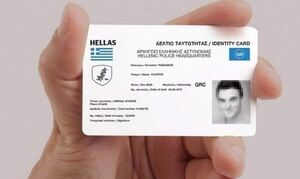German economist Hikel to ANA-MPA: Referendum 'democratically inevitable'

German professor of economy Rudolph Hikel in an interview with ANA-MPA called the referendum in Greece "democratically inevitable."
"It must become clear to the lenders that (prime minister Alexis) Tsipras' government was elected with a mandate to prevent a further social bleeding due to the extreme austerity policy.
If the three institutions had made proposals for fiscal consolidation and social-economic restructuring of the country, the referendum would be unnecessary," estimated Hikel, who is, according to Frankfurter Allgemeine Zeitung newspaper, among the 10 economists with the higher influence in Germany.
Professor Hikel stated that he is "one of the most acute critics of the austerity policy" saying that it is "a neoliberal policy which says: we give money and you make reforms but with the word 'reforms' the lenders mean drastic cutbacks which brought the internal market to its knees and led to the collapse of the Greek economy.
At this point I must clarify to the Germans that over 90 percent of the 230 billion euro support package did not go to Greece as fresh money but exclusively for the re-financing of the debt. There was never fresh money. Moreover, the austerity policy, the blind measures of cuts in the public sector and the cuts in salaries totally devastated the domestic market.
The German economist noted that he is against the Grexit because as he estimated "the repercussions of Greece's exit from the eurozone would be catastrophic for everyone. Greece would become poorer and there would be a high devaluation of the drachma. Tourism would be the only sector that would gain but on the other hand an imported inflation would follow. Nobody can boost exports and with a weak currency a different policy is necessary.
For the euro, Greece's exit would be a catastrophe because of the phrase "irrevocable commitment" existed in the Maastricht Treaty ratified in 1992. So, it would be the first time that this rule would be infringed, the "eternal trust", and this would lead to speculations for the exit of other member states such as Italy and France that are in the list. Germany's exports would also be affected because the euro would be certainly revaluated, said Hikel.













